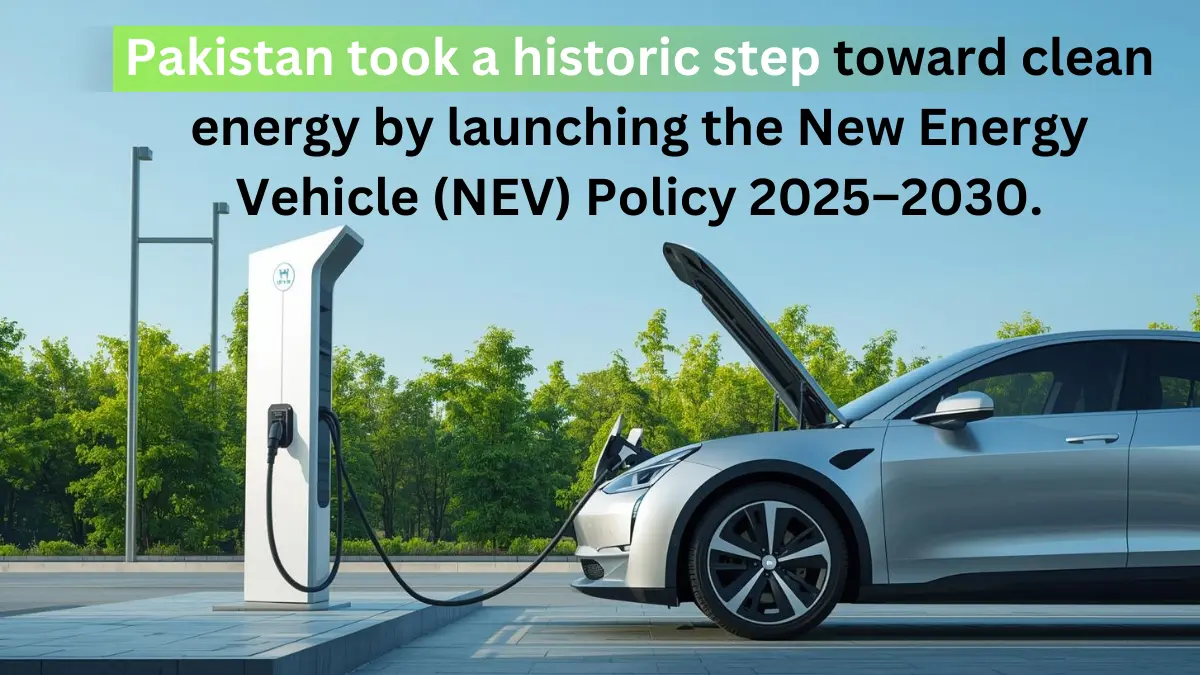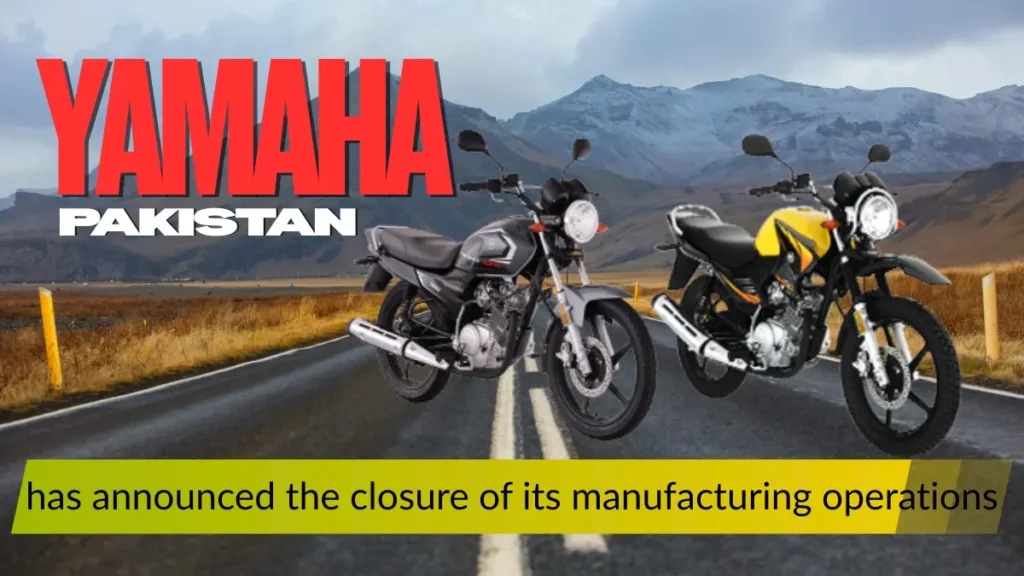LAHORE — In June 2025, Pakistan took a historic step toward clean energy by launching the New Energy Vehicle (NEV) Policy 2025–2030. This ambitious plan is designed to reduce fuel imports, fight climate change, and make electric vehicles (EVs) accessible to the masses.
With transport being one of the largest contributors to pollution, the policy is seen as a game-changer for Pakistan’s economy and environment.
Key Targets of the NEV Policy
- 30% of all new vehicle sales will be electric by 2030
- 100% zero-emission vehicle fleet by 2060
These targets aim to bring Pakistan in line with global sustainability trends while addressing rising fuel costs.
Major Features of Pakistan’s NEV Policy
- Infrastructure Development
- A network of 3,000 public charging stations will be installed nationwide by 2030.
- Private investors will also be encouraged to set up charging points in urban areas, highways, and rural towns.
- Financial Incentives
- Subsidies for electric motorcycles, rickshaws, and cars.
- Significant tax and duty cuts on EV imports and components.
- Easy financing options through the State Bank of Pakistan to make EVs affordable for the middle class
- Inclusive Adoption
- Special quotas for women drivers, delivery riders, and fleet operators to encourage widespread use.
- Focus on local manufacturing to reduce dependency on imports.
Economic and Environmental Benefits
- Fuel Savings: Pakistan could save around PKR 290 billion in imported fuel annually.
- Job Creation: Growth of EV assembly plants and charging infrastructure will create new opportunities.
- Cleaner Air: Millions of tonnes of carbon emissions will be reduced, improving public health and urban air quality.
Why the NEV Policy Matters for Pakistan
Pakistan has long struggled with high fuel import bills and rising air pollution. The NEV Policy provides a long-term solution by promoting sustainable transport, reducing reliance on fossil fuels, and moving toward energy independence.
It also places Pakistan alongside countries like China, India, and the EU that are rapidly transitioning to electric mobility.
Final Thoughts
The Pakistan NEV Policy 2025–2030 is not just about cars, it’s about a cleaner environment, stronger economy, and a healthier future. With the right implementation, this policy could transform how Pakistanis travel, work, and breathe.
Pakistan’s journey toward a green transport revolution has officially begun.


